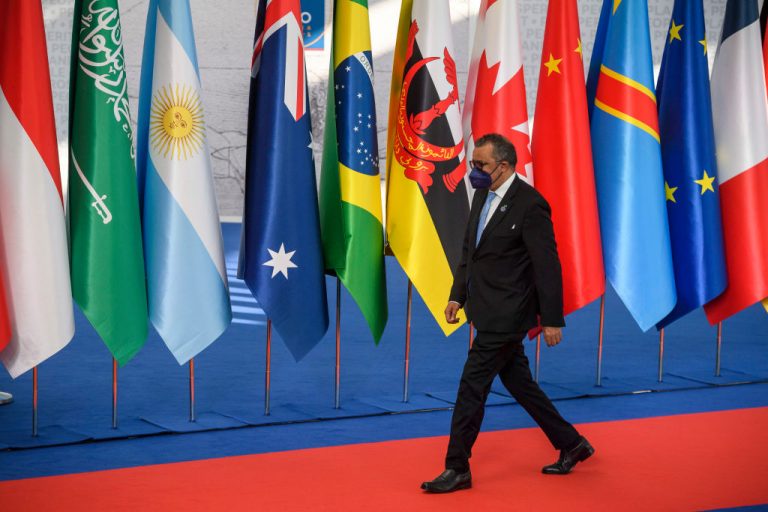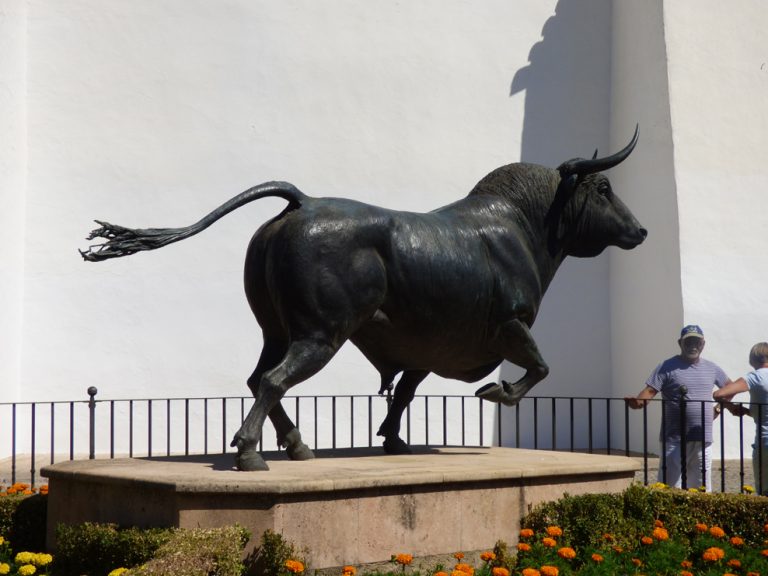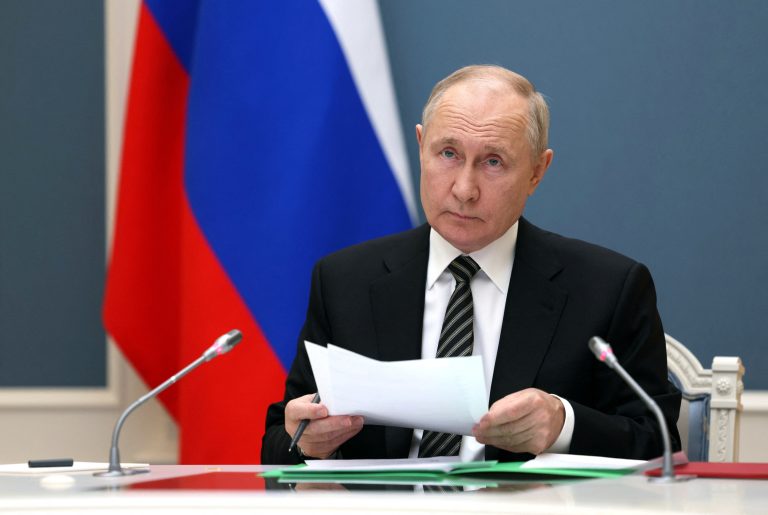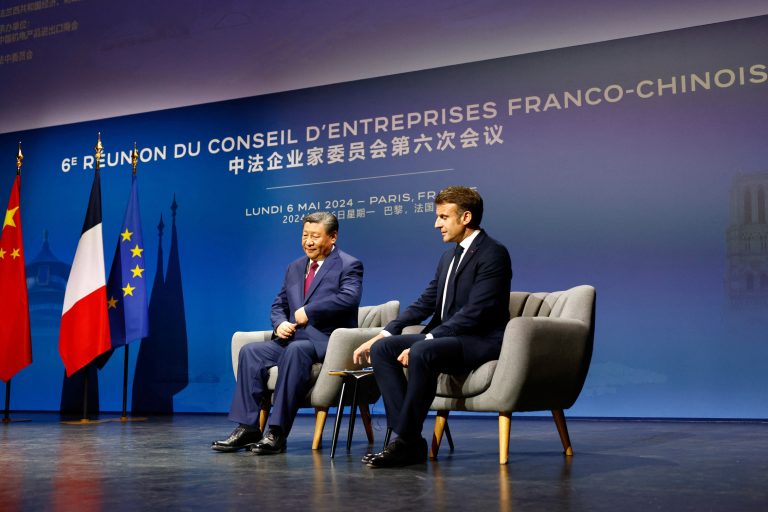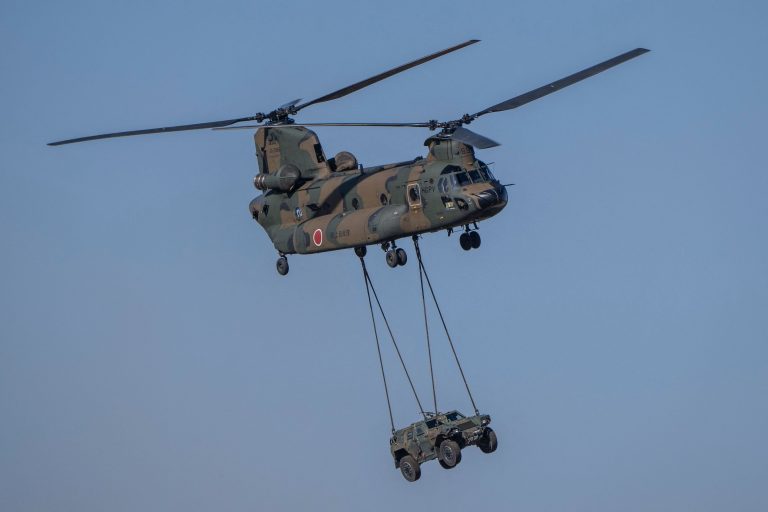The Chinese Communist Party-friendly World Health Organization (WHO) convened a Special Session of the World Health Assembly (WHA) on Nov. 29, only the second in its history, for the express purposes of negotiating a legally binding agreement among member states to deploy a whole-of-government and whole-of-society approach to pandemic measures.
The website for the meeting says the session “will consider” a “single substantive agenda item” surrounding the “benefits of developing a WHO convention, agreement or other international instrument on pandemic preparedness and response.”
The WHA normally meets every May, and met for the 74th time this year on May 31. During this year’s session, the Assembly had excellent foresight, calling on Director General Tedros Ghebreyesus “to convene a special session of the World Health Assembly in November 2021” to negotiate its structural and regulatory changes.
The Special Session arrives at the same time the new Omicron variant of SARS-CoV-2 and its 50+ mutations, mostly concentrated in the spike protein, was first announced in Botswana on Nov. 24 after being discovered in four unvaccinated diplomats from an undisclosed country on Nov. 11.
The 10-page document supporting the Special Session is published by the Member States Working Group (WGPR), and revolves around the creation of a “New Instrument” focusing “on pandemic preparedness and response.”
Success
You are now signed up for our newsletter
Success
Check your email to complete sign up
The document says the WGPR has already met four times on this topic between July and November, in addition to “conduct[ing] several intersessional informal consultations” and “two dialogues with non-State actors.”
In an assessment of the benefits of a New Instrument, the Organization mentioned strengthening its “One Health approach,” which is not defined in the document. However, it is defined on the WHO Europe website as an initiative that will have “multiple sectors communicate and work together to achieve better public health outcomes.”
Specifically, the One Health website focuses on food safety, noting a trifecta alliance between itself and the United Nations Food and Agriculture Organization and the World Organisation for Animal Health “to promote multisectoral responses to public health threats originating in the animal-human-environment interface.”
The assessment section of the document also lauds the opportunity to increase funding to the WHO, not only from member states, but from “other actors, including the international financial institutions and existing global health institutions.”
The document further advocated for a global deployment of public health measures and crackdown on dissent when it called for “structural solutions to promote a whole-of-government and whole-of-society approach to pandemic prevention, preparedness and response,” in near proximity to a statement calling for “the need for national and global coordinated actions to address the misinformation, disinformation and stigmatization that undermine public health.”
The document claims that “many Member States emphasized” that the creation of a “New Instrument” may very well “offer a number of benefits.”
A second, similar subsection additionally elaborates “a number of potential benefits” in the deployment of a “New Instrument,” many of which point towards an escalating trend of centrally-coordinated global public health measures, “High-level political commitment and a whole-of-government and whole-of-society approach, which could strengthen cross-sectoral coherence and mobilization,” is the first promoted.
“This could maintain focus and drive continued momentum to ensure that pandemic preparedness and response remains a regular feature on the agenda of world leaders,” the section adds.
The document next lauds the opportunity for the WHO to “enhance, update and strengthen” its position as “the directing and coordinating authority on international health work.”
The WHO claims its position as a central, global authority would give “policy-makers and leaders in pandemic preparedness and response” the ability to achieve “coherence and avoiding fragmentation at both the national and global levels.”
The connection between the CCP’s Wuhan Institute of Virology, gain of function research on bat coronaviruses, and SARS-CoV-2 and Coronavirus Disease 2019 (COVID-19) as the likely source of today’s pandemic is not-so-subtly downplayed by the WHO in an additional benefit touted, which espouses the ability to reduce “the risks posed by emerging diseases of zoonotic [animal to human or human to animal] origin in the future,” and “recognizing that diseases of zoonotic origin are among the most likely sources of future pandemics.”
The WHO is also quick to note the “New Instrument” would be “legally binding on States Parties that opt to ratify it,” adding that “legally binding status offers the potential for greater sustained attention, both political and normative, to the critical issue of a pandemic preparedness and response, than a non-binding act.”
The document notes there are also risks to attempting to evolve into a global and centralized distributor of measures, unless the biggest players are on board.
According to a Nov. 28 Reuters article on the matter, while “Britain, along with the EU and some 70 other countries, had pushed for a legally-binding treaty,” on the other side, “The United States backed by states including Brazil and India,” all showed reluctance.
However, the U.S. coalition’s reluctance was reported to have occurred last week, before the Omicron variant began being hyped as a major game changer in the global public health emergency.
In early Nov. 30 reporting by the Financial Times, Moderna CEO Stephane Bancel told the outlet that the current batch of gene therapy COVID vaccines was not expected to perform well against Omicron’s extensive spike protein mutations.
“I think it’s going to be a material drop. I just don’t know how much because we need to wait for the data. But all the scientists I’ve talked to…are like, ‘This is not going to be good’,” Bancel said.
The WHA Special Session is set to continue until Dec. 1.



